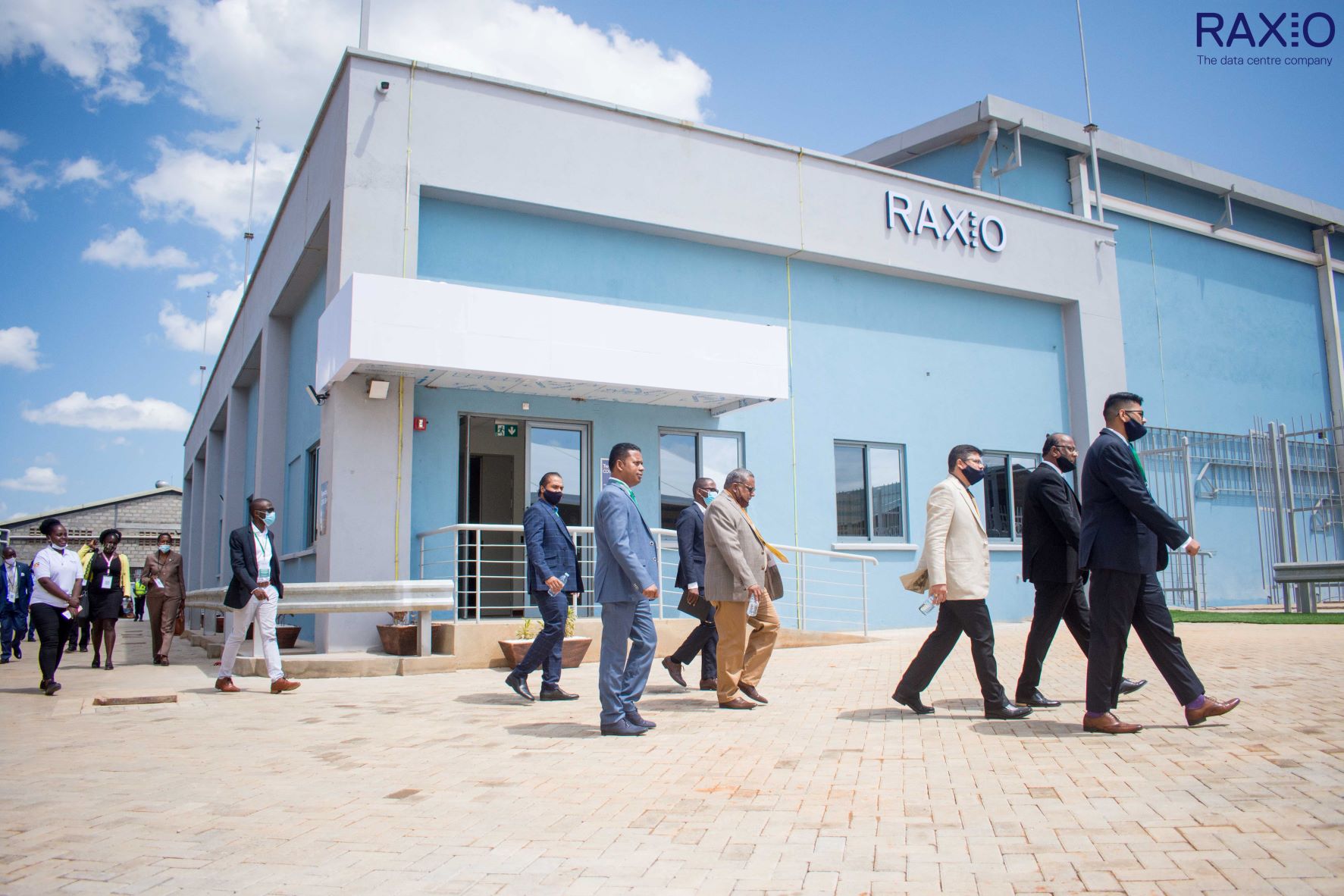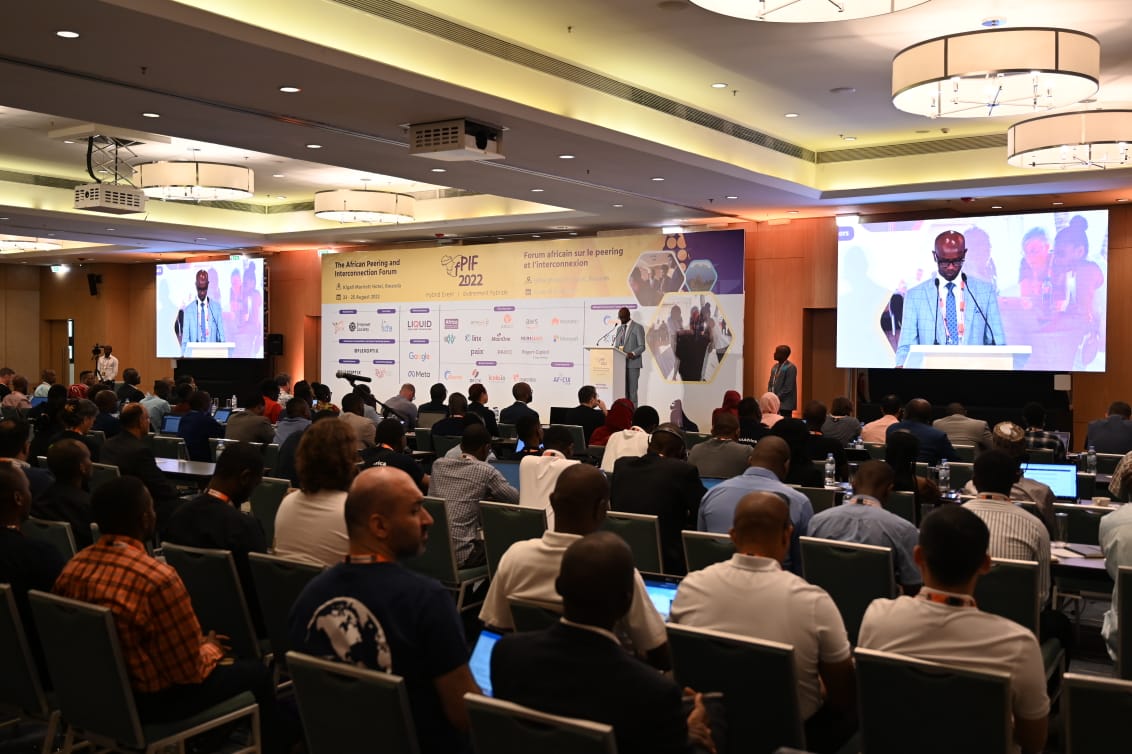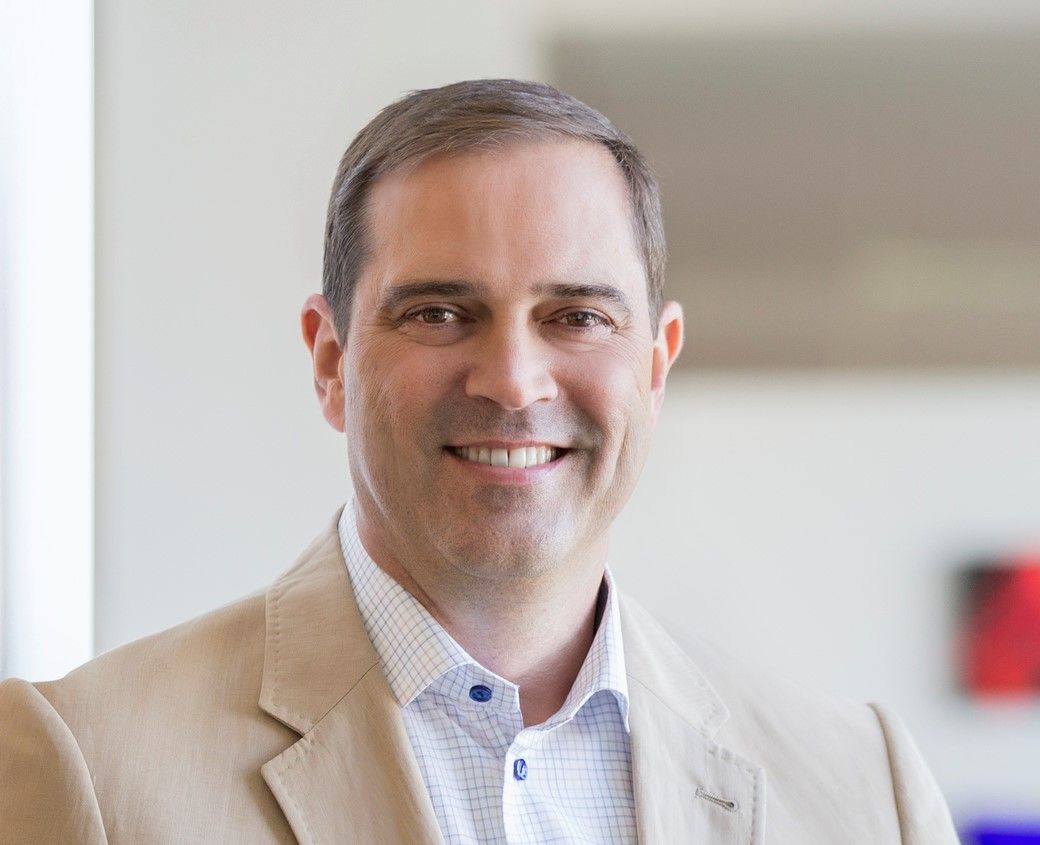Google this month proudly announced its first cloud data centre on the African continent. Other cloud hyperscalers also cluster their infrastructure around the known quantity of South Africa.
Just today NTT announced that it had opened a significant new 12MW facility with 6,000m² of IT space, N+1 uninterruptible power supply systems (UPS), and N+1 generator backup in South Africa. Yet only 1% of global data centre capacity is in Africa and roughly two-thirds of that capacity is located in South Africa.
Others are looking further afield: Judy Nguru (pictured above) is leading an ambitious drive by data centre operator Raxio into some of Africa’s less connected markets – her team has broken ground on co-location facilities in Ethiopia, Democratic Republic of Congo (DRC) and Mozambique. Raxio has also confirmed investment in Ivory Coast and Tanzania and has an existing 1.5MW data centre operational in Uganda, which opened in 2021.
African co-location data centres: Investment is expanding beyond SA
The data centres are Tier III and typically comparatively modest in capacity compared to the behemoths of hubs like London, New York, or Frankfurt which can see hundreds of connectivity providers and high speed cloud interconnects coming in. But they are attracting banks and fintechs, energy and industrial companies as well as governments, says Nguru, who is Senior VP Strategic Development, at New York-headquartered Raxio.
Paris and Philadephia-educated Nguru was previously Group Business Development Manager for CSquared, formerly Google’s Project Link and tells The Stack that she is passionate about infrastructure sharing.
Sitting down to talk weeks after Raxio broke ground on its Kinshasa, DRC and Maputo, Mozambique facilities, she said that for most countries it is their first co-location data centre.
(For those reading from outside the technology world, a data centre is a building with resilient power and network infrastructure that can securely host racks of servers for enterprises and governments, reducing the need for them to handle their own infrastructure.)

Public sector customers are often initially wary she says: “We [need to] talk to them about [the security of] caging facilities, about designing the DC with their own access, their own entrance and, and stuff like that” -- but that the facilities rapidly exert a gravitational pull as more carriers come in and more of their enterprise customers start making a digital home in the facilities. And whilst internet penetration itself might be low in places like the DRC at some 26%, investment is happening at pace across the continent; Ethiopia's state-owned telecommunications company, Ethio Telecom, launched the first 5G network in the Horn of Africa earlier this year, for example.
See also: Why Nigeria is an overlooked IT outsourcing goldmine
Judy Nguru adds: “With the markets that we target, the learning curve is a bit steep, especially for the financial institutions and even some of the carriers. Because what you're seeing in the market is – when it comes to infrastructure sharing – it's an ongoing evolution that is taking place. It started with tower companies back in the day; companies like American Tower, Helios Tower, IHS Towers who drove the [recognition among] MNOs that they could start sharing towers and reduce their TCO. The same thing happened with fibre infrastructure; they’ve started becoming amenable to sharing infrastructure, particularly in tricky markets.”

(We speak weeks after the African Peering and Interconnection Forum in Kigali, Rwanda, drew over 280 delegates from across the continent and beyond.)
She adds: “That is starting to happen in the co-location space. [Businesses are still thinking] ‘that’s the heart of my business, all my servers, all the data that runs my business is there, I am not partial to have this equipment managed and catered for by a third party’.
"But they’re also realising they’ve invested all this Capex and not utilised all the capacity; they’re starting to understand that we are not competing on fibre or on cloud services or something, we’re just creating that space in our facility for everyone else to operate in – and then we connect them to each other, you become an enabler in markets where that has not started to happen yet.”
When building African co-location data centres, land can be challenging
One of the biggest challenges when moving into these greenfield markets is land, she adds.
"It took us over a year to secure the DRC site" she admits. "It can be a bit unclear initially... do they just give us, for example, surface rights or derivative rights and because you're dealing with government entities it can take much longer. Then because of what's happening around the globe there are challenges in the supply chain. When I'm talking to customers, I'm giving them commitment dates, so I have to have this conversation very early [with stakeholders] about building contingencies" -- skilled local suppliers can sometimes be a challenge too because whilst there is often a wealth of software talent locally, there is understandably far less experience in data centres.
As she puts it: "On the technical side, what you will find is that people will be like 'I'm a data scientist, or, 'I can write a programme' and we have to explain that we don't directly interact with the data! We just build the facility; we need electrical and mechanical engineers, so we find we need to be really clear about the skill sets."
Yet the opportunity is significant, she says: "There's a lot of people deploying their own private cloud services; they're starting grow -- in AgriTech, EdTech -- there's oil and gas companies; anyone with data."
As one British government report published today puts it: "Africa leads the world in mobile money. Its 171 live services host 184 million active accounts transacting $701.4 billion a year" -- and as law firm White & Case noted over the summer, in 2020 and 2021 alone, four major pan-continental data centre deals and investment commitments totaling US$2 billion were concluded.
This included Equinix's purchase of Main One (US$320 million); West Indian Ocean Cable Company's investment in Open Access Data Centres (US$500 million); Digital Realty's investment commitment to Africa (US$500 million); and Liquid Intelligent Technologies' US$500 million investment into its subsidiary, Africa Data Centres.
Like Raxio, Liquid is expanding fast -- it is constructing facilities in Nigeria, Togo and Kenya, and it plans to build 10 data centers in 10 African countries over two years.
So when will the hyperscalers start to venture into some of these other African markets?
Judy Nguru says: "There's not an easy answer to that. There has to be a critical mass from a capacity perspective. What we see is that when the market has a demand of 15MW+ then the hyperscalers want to move in."
It's early days, but with the IFC and Google's e-Conomy Africa 2020 report claiming that Africa's internet economy is one of the largest overlooked investment opportunities available, with a potential to add US$180 billion to Africa's GDP by 2025, there's an opportunity for a lot of momentum in coming years -- and many of these digital businesses will not want to take on the capex and other risks associated with building significant facilities. Raxio's hope is that it will have established, resilient and redundant infrastructure ready and waiting for them.









